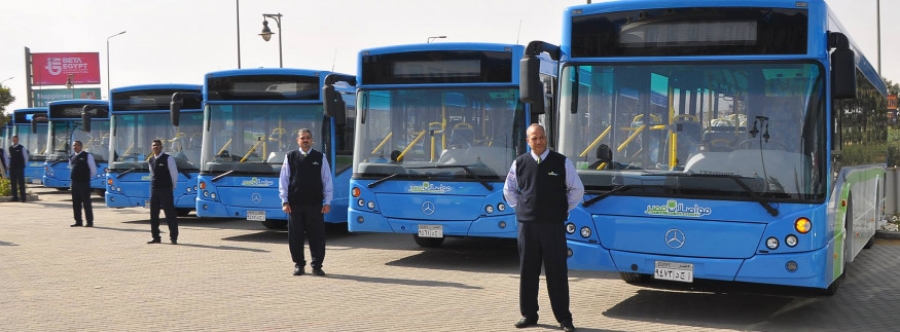
Introduction
Planning to explore Egypt and wondering whether to travel by bus or train?
You’re not alone.
Both options connect the country’s major cities — Cairo, Alexandria, Luxor, Aswan, Hurghada, and more — but they offer very different experiences in terms of comfort, speed, safety, and price.
In this guide, we’ll break down the differences between bus and train travel in Egypt to help you decide which one fits your travel style best.
Train Travel in Egypt
Egypt’s train network is one of the oldest in Africa and still widely used by locals and tourists alike. Operated by Egypt National Railways (ENR), it connects most major destinations along the Nile.
Pros of Train Travel:
- Comfortable seating (especially in 1st class AC)
- Scenic routes along the Nile (especially Cairo–Luxor–Aswan)
- More legroom than buses
- Sleeper trains available for overnight journeys
- Easier to move around inside the train
- Train stations are central in most cities
Cons of Train Travel:
- Some trains are old or worn
- Delays are common on some routes
- Booking from abroad via the official ENR site is difficult
- Limited access to cities like Hurghada or Sharm El-Sheikh (no trains go there)
Bus Travel in Egypt

Long-distance buses in Egypt are operated by several companies, including Go Bus, Blue Bus, Super Jet, West Delta, and more.
Pros of Bus Travel:
- Reach more destinations, including:
- Hurghada
- Dahab
- Sharm El-Sheikh
- Siwa
- Modern fleets (VIP or Deluxe buses have AC, Wi-Fi, onboard screens)
- Flexible schedules with multiple daily departures
- Often cheaper than trains
- Easier online booking from abroad (especially with companies like Go Bus)
Cons of Bus Travel:
- Less legroom compared to trains
- Long travel times (especially for routes like Cairo–Luxor or Cairo–Aswan)
- More tiring for overnight trips (no beds)
- Some buses can be cramped or noisy
Route Comparison: Train vs Bus
| Route | By Train | By Bus | Verdict |
|---|---|---|---|
| Cairo–Luxor | 9–10 hrs (sleeper or AC) | 10–12 hrs | Train is more comfortable |
| Cairo–Aswan | 12–14 hrs | 14–16 hrs | Train wins (especially sleeper) |
| Cairo–Alexandria | 2.5–3 hrs | 3.5–4 hrs | Train is faster and smoother |
| Cairo–Hurghada | No train | 6–7 hrs | Bus is the only option |
| Luxor–Aswan | 3 hrs | 4–5 hrs | Train is faster |
| Cairo–Sharm El-Sheikh | No train | 8–10 hrs (via tunnel) | Bus is your only option |
Price Comparison
| Route | 1st Class Train | Sleeper Train | VIP Bus |
|---|---|---|---|
| Cairo–Luxor | $12–$18 | $80–$100 (cabin) | $10–$15 |
| Cairo–Aswan | $15–$20 | $90–$110 | $12–$18 |
| Cairo–Alexandria | $5–$10 | N/A | $4–$7 |
Trains offer more comfort for the price, while buses are better for reaching beach cities and remote towns.
Booking Tips
If you choose train travel, especially for Cairo–Luxor or Cairo–Aswan, we recommend booking online through:
EgyptTrainTickets.com – easy to use for tourists, supports international cards, and gives fast email confirmations.
For bus travel, try :
Always book in advance, especially during high season (October–April).
Conclusion: Which is Better?
Choose Trains if you want:
- Comfort and space
- Overnight travel (sleeper cabins)
- Scenic Nile views
- Easy travel between Cairo, Luxor, and Aswan
Choose Buses if you want:
- Access to Red Sea cities (Hurghada, Sharm)
- Flexible departure times
- Slightly cheaper prices
- Routes not served by trains
Ultimately, many travelers use both during their Egypt trip — train for Nile Valley routes, and bus for beach destinations.
